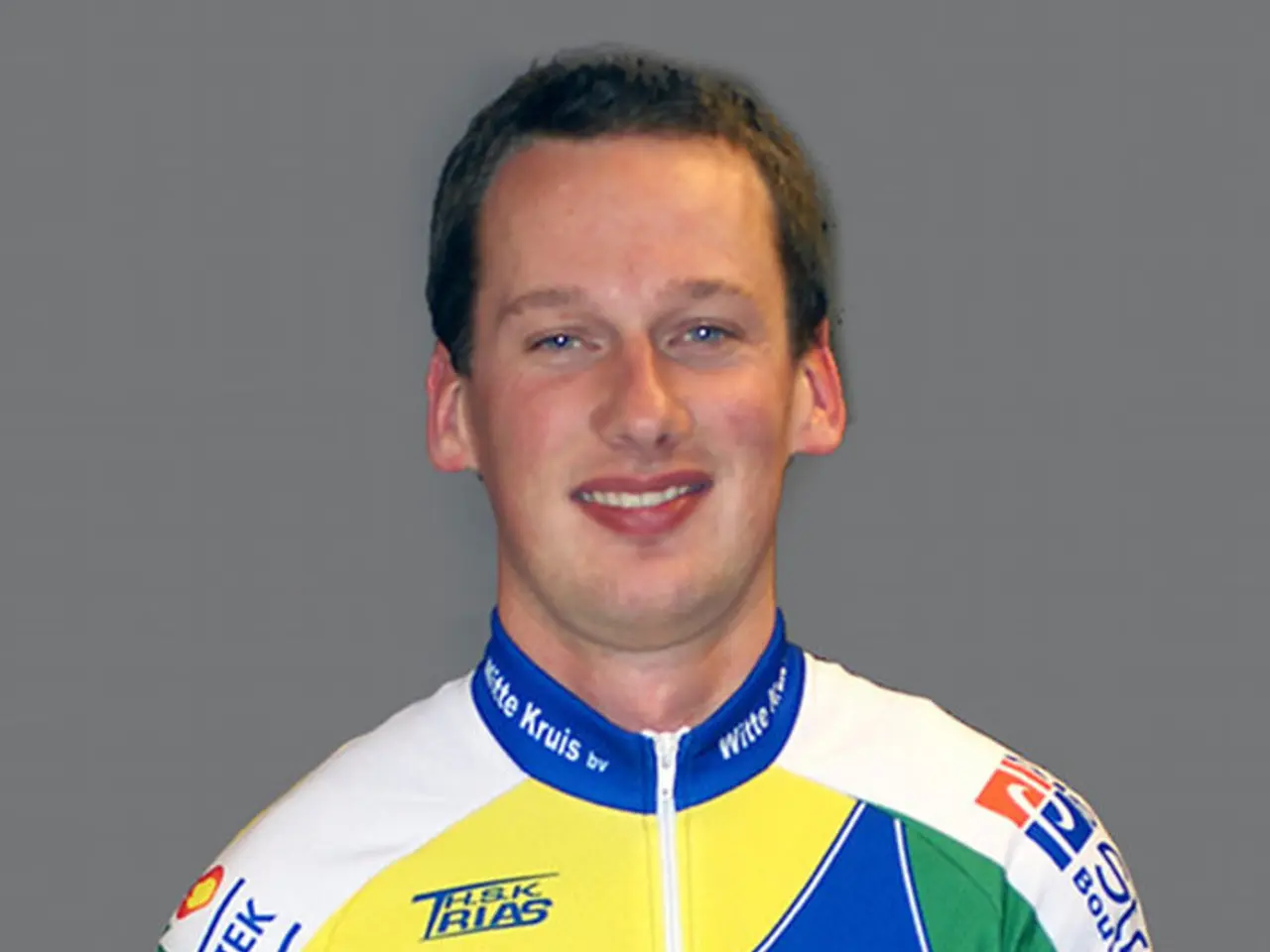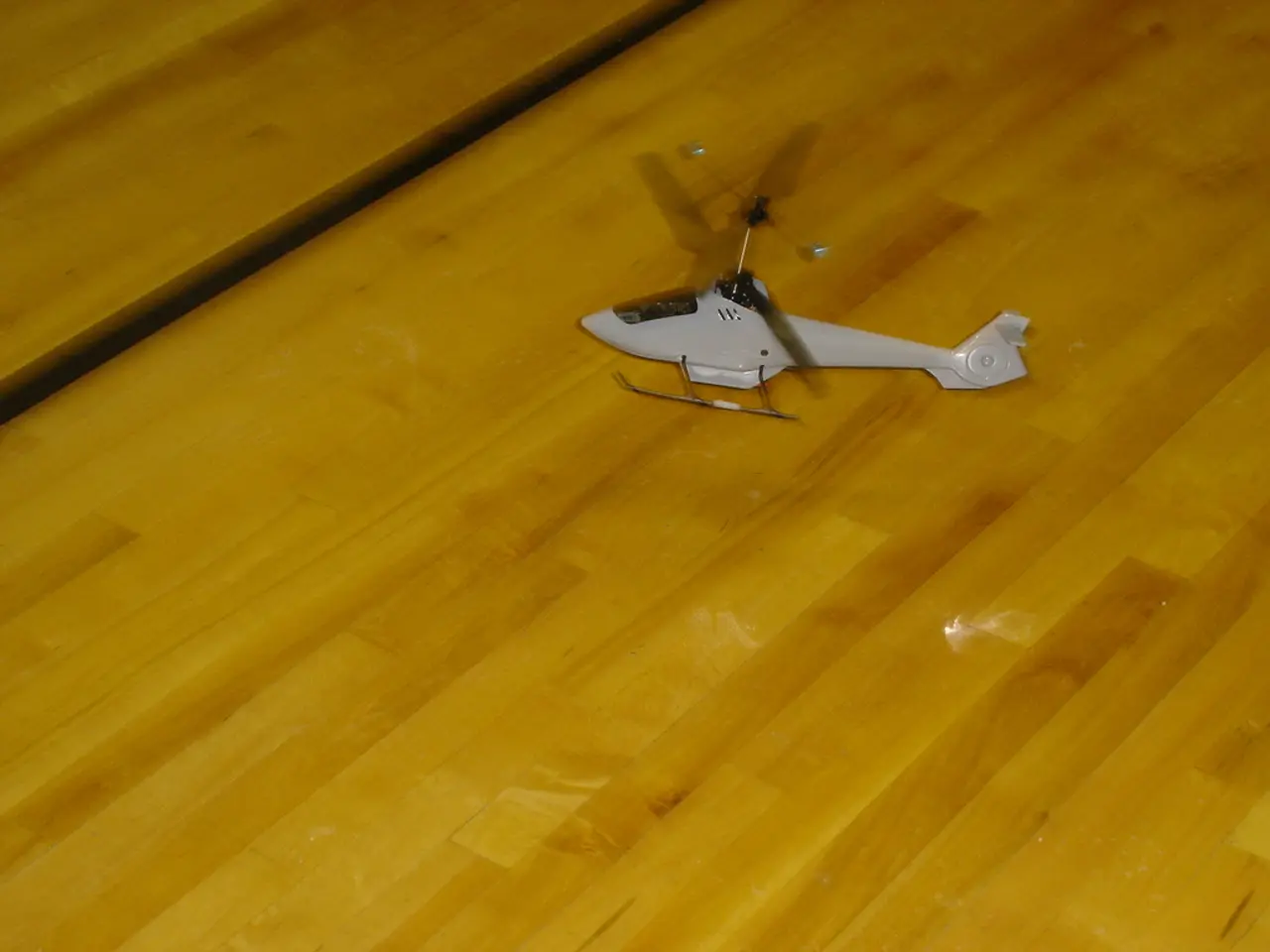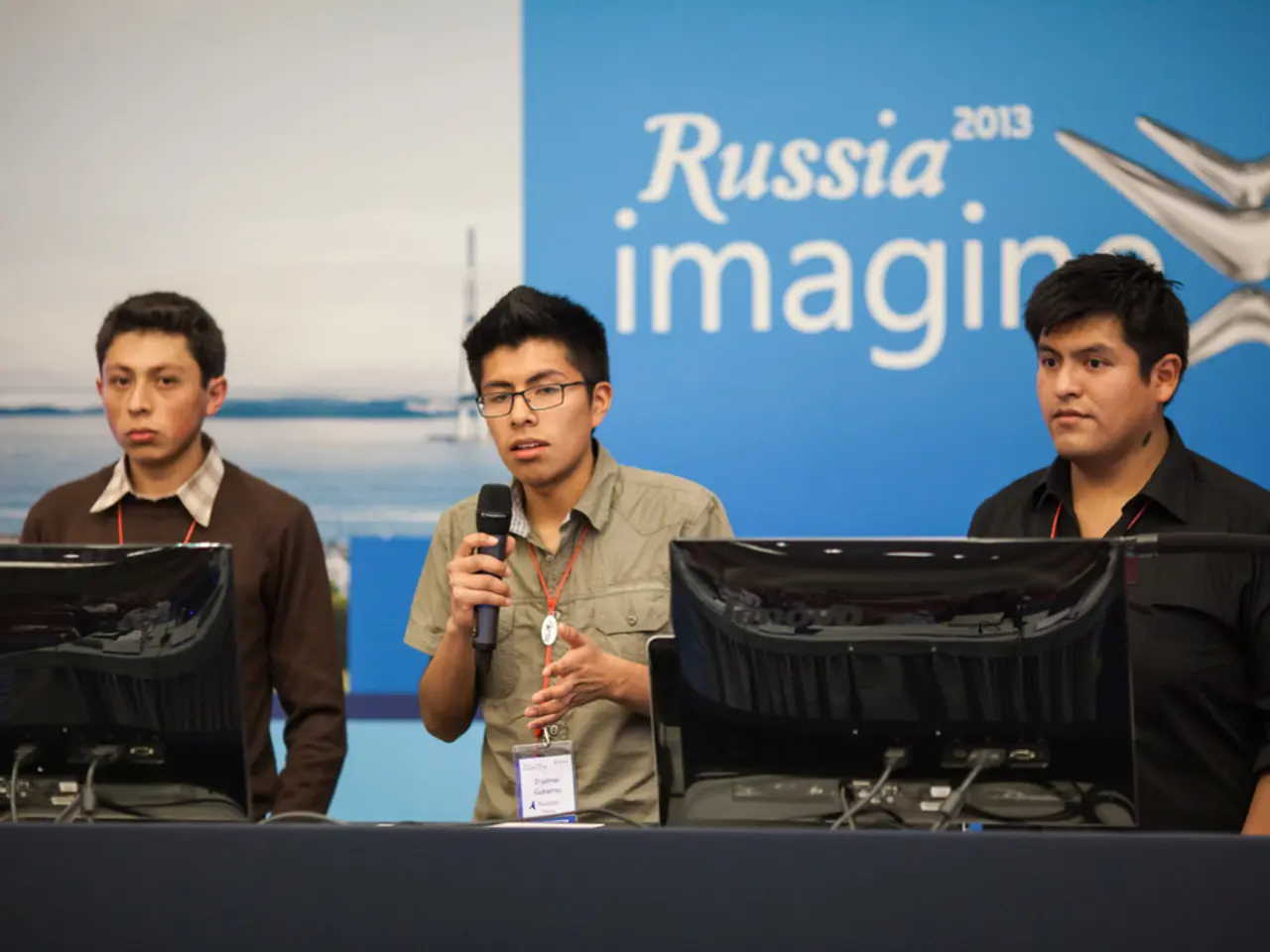Annual Research Showcase at the University Spotlights Innovative Thought in Sports and Transportation Fields
The Platform recently hosted a thought leadership seminar, showcasing its current research and development focus in various sectors. The event, chaired by Professor David Hassan from the Platform University, aimed to provide value to Member Clubs and wider society through informed, evidence-based activity.
Professor Hassan provided an update on the United Against Online Abuse (UAOA) coalition, now joined by 39 international federations. With €1.18M in secured funding and a 154% growth in participation, the project is scaling its global impact and preparing new research on abuse affecting referees and officials.
The seminar was a part of the Platform's broader thought leadership series. Tanya Kutsenko presented the Platform University's academic partnerships and scholarship programmes with institutions such as Cranfield University and Dublin City University Business School. These initiatives empower young researchers, support engineering excellence, and address topics like online abuse in sport.
In mobility, the Platform's R&D focus centers on leveraging artificial intelligence (AI) to optimize dynamic, demand-responsive transportation systems. Key developments include AI-driven trip planning and route optimization, real-time passenger demand matching, and integration of autonomous modular vehicle technology, designed for controlled settings such as campuses and planned communities. The Platform also emphasizes sustainable, intermodal mobility solutions that reduce dependence on private cars.
Industry forecasts anticipate connected and autonomous vehicles becoming mainstream by 2035, aligning with the Platform's long-term R&D investments. The Shucle AI-powered mobility platform pilot in Gödöllő, Hungary, highlights the Platform's initiative for on-demand, dynamic routing, while research from Fraunhofer IOSB underscores AI methods enabling intelligent multimodal routing, reflecting the Platform’s broader R&D priorities in sustainable, integrated transport.
In motorsport, the seminar details about this sector were not directly provided, but the broader mobility innovations infer a focus on AI and autonomous technologies that can translate into advanced vehicle telemetry, real-time data analytics, and performance optimization, leveraged from connected and autonomous vehicle R&D.
Marco Petrilli, the Platform's Deputy Safety Director, and Thomas Chevaucher, the Technical Engineering Director, showcased the development of the current Rally1 safety cell, led by the Platform research, with further enhancements underway and plans to extend the concept to over 1,500 Rally2 cars. Their ongoing work includes testing hydrogen tanks and developing grassroots motor sport safety innovations.
Valerio Iachizzi called for strengthened cross-departmental collaboration and improved internal communication around research efforts. Willem Groenewald highlighted that research and data are essential tools to deliver value to Member Clubs and welcomed the evolution of the Platform University as a platform for thought leadership, capable of shaping future insights across sport, mobility, and sustainability.
The seminar also focused on digital heritage, education, and advocacy. Lana Ghvinjilia introduced the Platform's digital archive project and upcoming public e-library, which will open 121 years of the Platform's history to scholars, historians, and researchers, enhancing institutional knowledge and research opportunities.
Stefano Ammirati emphasised that regional priorities are shaping the Platform's Mobility advocacy strategy, built around three core pillars: road safety, sustainability, and connectivity/data access. The approach is delivered through three channels: Platform-led initiatives, region-driven research, and Club-led projects.
Presentations at the seminar highlighted cross-sector work in areas such as technical and safety innovation. Dr Sean Petherbridge, President of the Platform Medical Commission, made a decision to discontinue the use of extractable seats as a tool in single-seater cars from 2026, based on medical data, which improves emergency response and driver safety.
The seminar encouraged interdisciplinary collaboration and reinforced the Federation's role as a knowledge-led organisation driving positive change across sport and mobility.
Technology and sports were touched upon during the seminar as the Platform University's academic partnerships and scholarship programmes, empowering young researchers, support engineering excellence, and address topics like online abuse in sport. The ongoing work in motorsport, led by the Platform research, includes testing hydrogen tanks and developing grassroots motor sport safety innovations, showcasing the use of technology to improve safety in this field.




